Remote and Hybrid Work
Remote and hybrid work models have fundamentally transformed traditional workplace dynamics, evolving from an emergency response during the pandemic into strategic approaches that offer both opportunities and challenges for organizations.
The hybrid workplace model, combining remote and in-office work, presents unique challenges in creating equitable experiences and opportunities for all employees. Organizations must carefully design policies and practices that prevent the emergence of a two-tier workforce where in-office employees might have advantages over their remote colleagues in terms of visibility, advancement opportunities, or access to leadership. This includes developing inclusive meeting practices that ensure remote participants can contribute effectively, creating fair performance evaluation systems that focus on outcomes rather than presence, and establishing clear guidelines for when in-person attendance is necessary or beneficial.
ready to go

upcoming unit


A quick, written synopsis on a topic, no more than 1200 words.

An informative video on a subject, no more than 20 minutes long; most are under 10 minutes.

A filmed or audio interview with a professional in the AEC industry.

20 brief activities completed daily, weekly, or monthly to build habits around a topic.

A group activity designed to plan, strategize, explore, or develop procedures.

A document, spreadsheet, or drawing that supports a task or exercise.
my library units
If you'd like to contribute new units to the library, go to your dashboard under the "contribute to the library" tab. Complete the form for your unit, which could be an article, video, interview, prompt set, template or exercise. Choose up to two topics for each unit. Your contributions will show here under "my library units".
my group's library units
If you'd like to see your group contributing units to the library, encourage them to explore Twennie's topics and find ones they feel confident talking about. They can share within your group only, your organization only, or with the whole Twennie community.
my organization's library units
Organizations with a culture of learning are stronger and more successful. If you'd like to see your organization contributing units to the library, start by contributing yourself. Write articles and record videos on topics that interest you. If you have templates and exercises that have been useful to you in the past, share those, too. Your organization will follow your lead.
Twennie's library units
Twennie is continually adding new units to the library. This topic will have units added in the near future. Check back with us soon!


